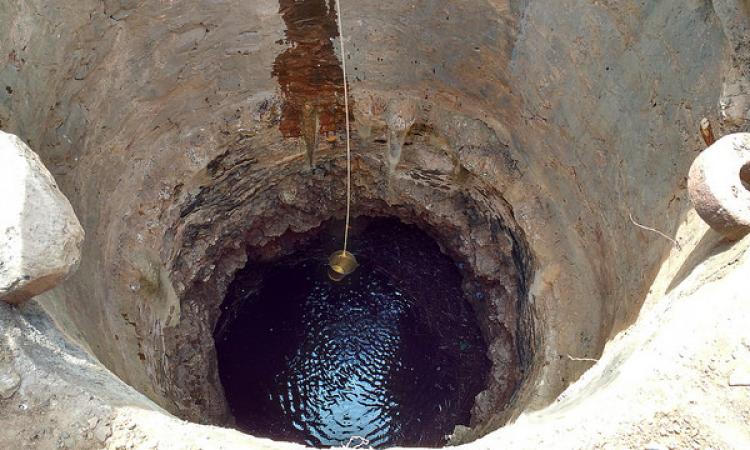
A majority of states fail to stop overexploitation of groundwater
The central government has informed the parliamentary committee that most of the states have not complied with the 2013 order of preparing a master plan for artificial recharge of groundwater. Only six states--Madhya Pradesh, Gujarat, West Bengal, Uttar Pradesh, Chhattisgarh and Karnataka--have taken the follow-up actions. In order to tackle the groundwater crisis in the country, the Centre has proposed a new World Bank-backed Rs 6000 crore scheme called the National Groundwater Management Improvement Scheme (NGMIS). The scheme is expected to get a formal approval by April this year.
Farmers’ suicides rise by 66 percent in Telangana in 2015
The recent data by the National Crime Record Bureau (NHRC) has revealed that 1,358 farmers committed suicide in Telangana in 2015 as against a total of 898 suicides in 2014. The reason cited for this include the failure of crops, increasing debt, harassment from money lenders, ill health and alcohol addiction. Even in Tamil Nadu, 106 farmers have committed suicide within a span of just one month. Taking note of the issue, NHRC has issued a notice to the state government and has sought a report within six weeks.
Tamil Nadu in severe water crisis
Due to the failure of the north-east monsoon in the state, Tamil Nadu is suffering from an acute water shortage. This is especially the case in Chennai which has suffered 57 percent dip in rainfall. The crisis has led to the drop in water level in the city’s reservoirs. Also, taking note of the situation, the Tamil Nadu chief minister O. Panneerselvam has requested the Andhra Pradesh government to release Krishna water to the state.
Environment ministry assess eco-damage caused by Yettinahole scheme
In response to the objections raised to the Yettinahole drinking water project, the environment ministry has clarified that it has not given any permission to cut trees for the project. The ministry has even sent a team for assessing the ecological damage in the area due to the project. While the team has been informed that 6,000 trees were axed in the region for the project, the environmentalists claim the number of trees removed to facilitate the project to be 15,000. The team’s report is yet to be disclosed and would be submitted to the National Green Tribunal before January 16.
Experts design application that maps eco-sensitive areas
The experts from Indian Institute of Science (IISc) have designed the spatial decision support system, a web-enabled application that identifies ecologically-sensitive regions in the Western Ghats and highlights zones that are open to development. The system that will be launched in a month will help local administrators and industry players to make decisions on biodiversity conservation plans and setting up projects. Moreover, the system can be customised to other areas in the country.
This is a roundup of important news from January 2 - 8, 2017. Also read the policy matters this week.
/articles/states-fail-tackle-groundwater-crisis